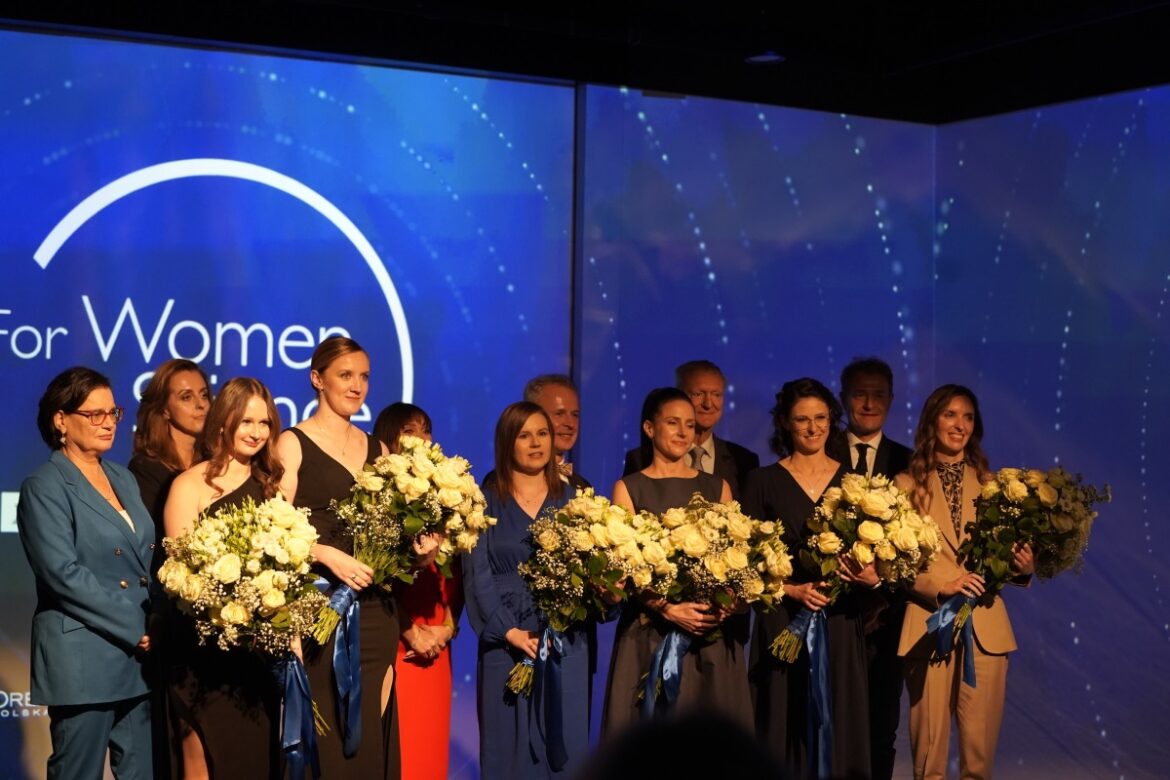Six talented female scientists have enlarged the group of Polish scholarship holders of the L’Oréal-UNESCO ‘For Women and Science’ programme. The winners of the 23rd programme joined the ranks of 117 scholarship holders awarded in previous competitions.
The L’Oréal-UNESCO For Women and Science programme is aimed at female researchers at both the early and advanced stages of their careers. Female scholars can submit their scientific achievements in areas such as life sciences, medical and health sciences, agricultural sciences, science or engineering and technology (including medicine, biology, physics, chemistry, and biotechnology).
This year, the jury selected 6 research projects out of 274 applications, awarding their authors 3 postdoctoral scholarships of PLN 40 000 each, 2 doctoral scholarships of PLN 35 000 each and a master’s scholarship of PLN 25 000.
The master’s scholarship was awarded to Natalia Sauer, Medical University of Wrocław for ‘Effect of nanosecond electric pulses on the expression of surface markers LAG-3 and PD-1 on pigmented (A375) and pigmentless (C32) melanoma cells’.
Doctoral scholarships were awarded to Angelika Andrzejewska-Romanowska, Institute of Bioorganic Chemistry, Polish Academy of Sciences, Poznań for ‘Characterisation of structural and functional dynamics of RNA genomes of active LTR retrotransposons’, and Elżbieta Wątor, Malopolska Biotechnology Centre, Jagiellonian University for ‘Molecular basis of deoxyhypusinylation’.
The winners of the postdoctoral fellowship were: Marta Pacia, Jagiellonian Centre for Drug Development, Jagiellonian University for “New aspects of lipid droplet pathophysiology in isolated vasculitis”, Aleksandra Rutkowska, Centre for Brain Diseases, Medical University of Gdańsk for “Development of methods to stimulate the regenerative potential of myelin in the treatment of multiple sclerosis” and Magdalena Zdrowowicz-Zamojć, Department of Chemistry, University of Gdańsk for “Radiosensitisation by combined action of modified nucleosides and DNA repair inhibitors to improve the efficacy of radiotherapy”.
Adrian Andrzejewski





